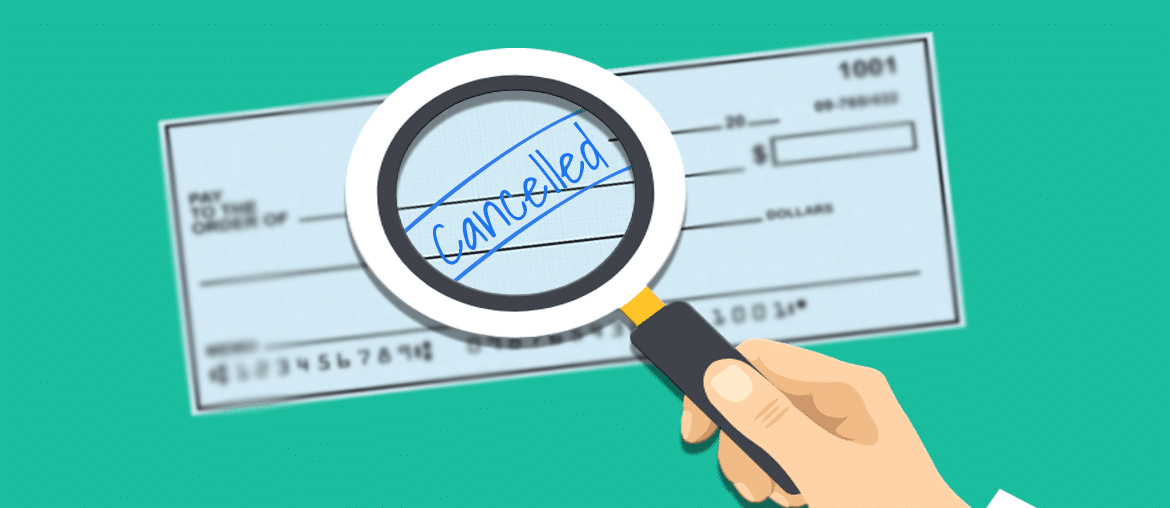The advent of the internet has helped in the shaping of so many tasks in a few clicks Ordeal By Cheque. In India, banks have emerged as a key financial driving source and have led to the modernization of many services.
From fixed deposits to availing a personal loan to opening a saving account, you can now access many services online from anywhere using your portable devices. However, out of all, certain elements under banking still need to be managed the traditional way.
A cancelled cheque is what you may have been asked by many financial companies and services providers while offering you their services like loans, credit cards and EMIs.
Thus, what is a cancelled cheque and what is its relevance in the financial world and is it different from a returned cheque? If you want to know more about this, then you can go through this quick post!
What is a cancelled cheque?
A cancelled cheque means that it is cancel and it is what the name suggests.
When you take any cheque, and cross it using two lines and write the word ‘cancelled’ on it across it, then it is call cancel cheque. This is proof that you are the actual owner of the bank account of which you present the cancelled cheque to. A cancelled cheque contains details like your name, bank account number, IFSC number and more.
Once a cheque gets cancel, it can no longer present for carrying out any financial transaction. Many financial services providers want this to verify that you are the actual account owner and no one else. It can generally be asked when you take a consumer durable loan to buy products on EMIs, avail a loan and more. It is taken for KYC formalities by any service providers in India.
For what purposes a cancelled cheque is need?
Your banks and other lenders may need a cancelled cheque for multiple purposes (majorly KYC) such as:
- Opening of bank account
- KYC
- ECS
- EPF withdrawal
- EMIs
- Demat account opening
- Insurance policy
Should you sign a cancelled cheque?
Since a cancelled cheque is already cancel and contains no monetary value, there arises no need to sign them. You must not sign a cancelled cheque at all.
Is a cancelled cheque different from a returned or bounced cheque?
If you are already aware of what is a cancelled cheque, then you would be able to know the difference of it from a bounced date.
- When your cheque bounces, it denotes unsuccessful processing of funds on an issued cheque for the transfer of money due to varied reasons.
- One of the basic reasons for cheque bounce is insufficient funds (NSF) that has been manage in the account of the issuer. Under such a situation, financial institutions dishonour or simply return such a cheque. It is done after the implementation of charges as per policies of banks. You should informed to know that the passing of bad cheque is consider illegal. The crime could counted as intense depending upon the amount involved.
On the other hand, a cancelled cheque is a self-managed issuing of a ‘proof’. Which is manual that serves multiple purposes of banking other than direct cash transactions.
You are now aware of the concept of a cancelled cheque. Its uses, and its difference with that of bounced or returned cheque. You are now in a better position to issue someone a cancelled cheque. When you are ask to prove that an account is yours. If you have not yet got a cheque leaf, then you can request it from your bank.

